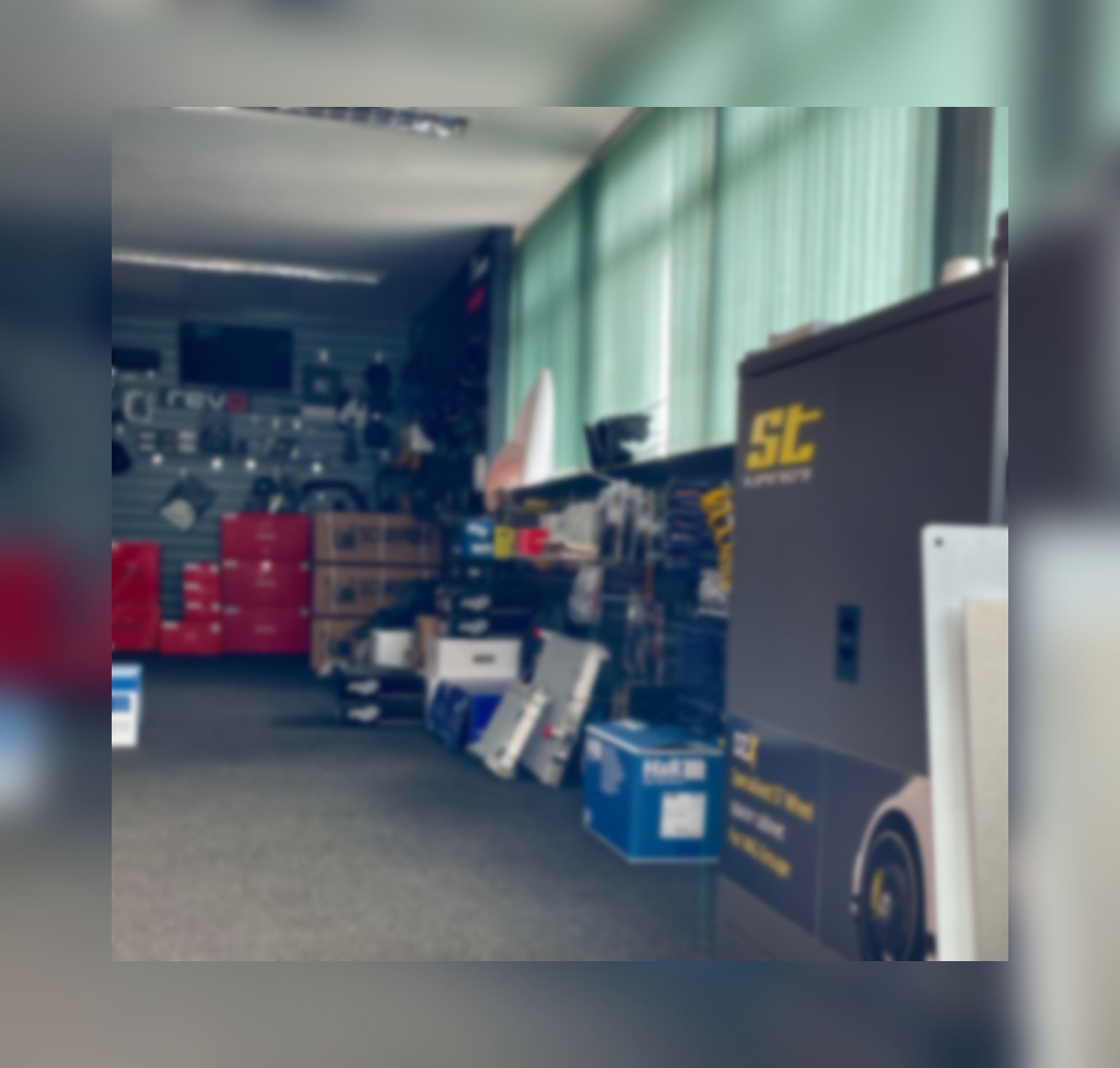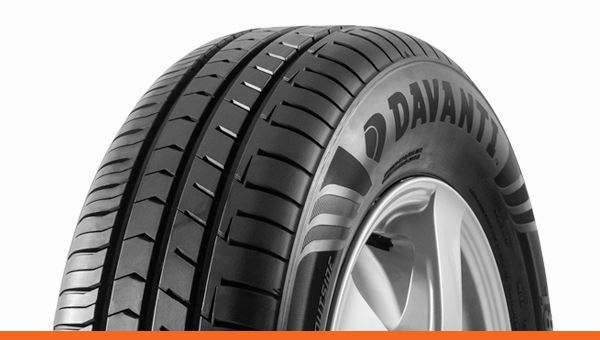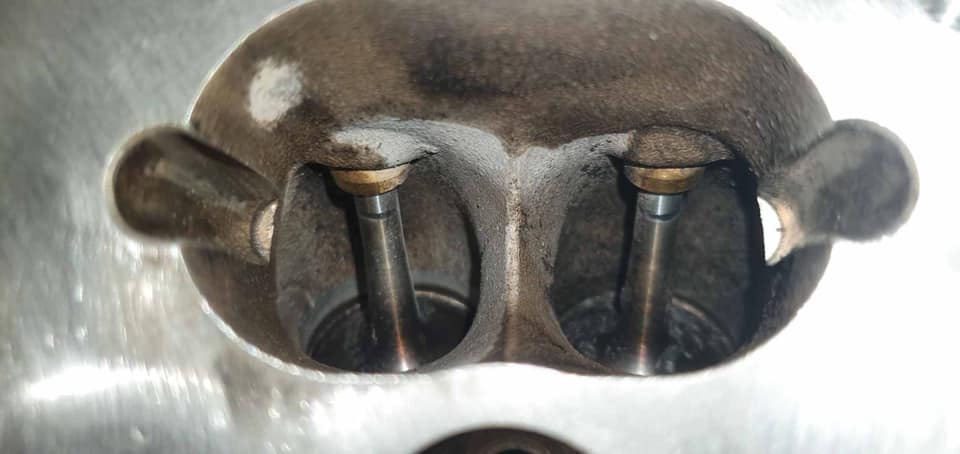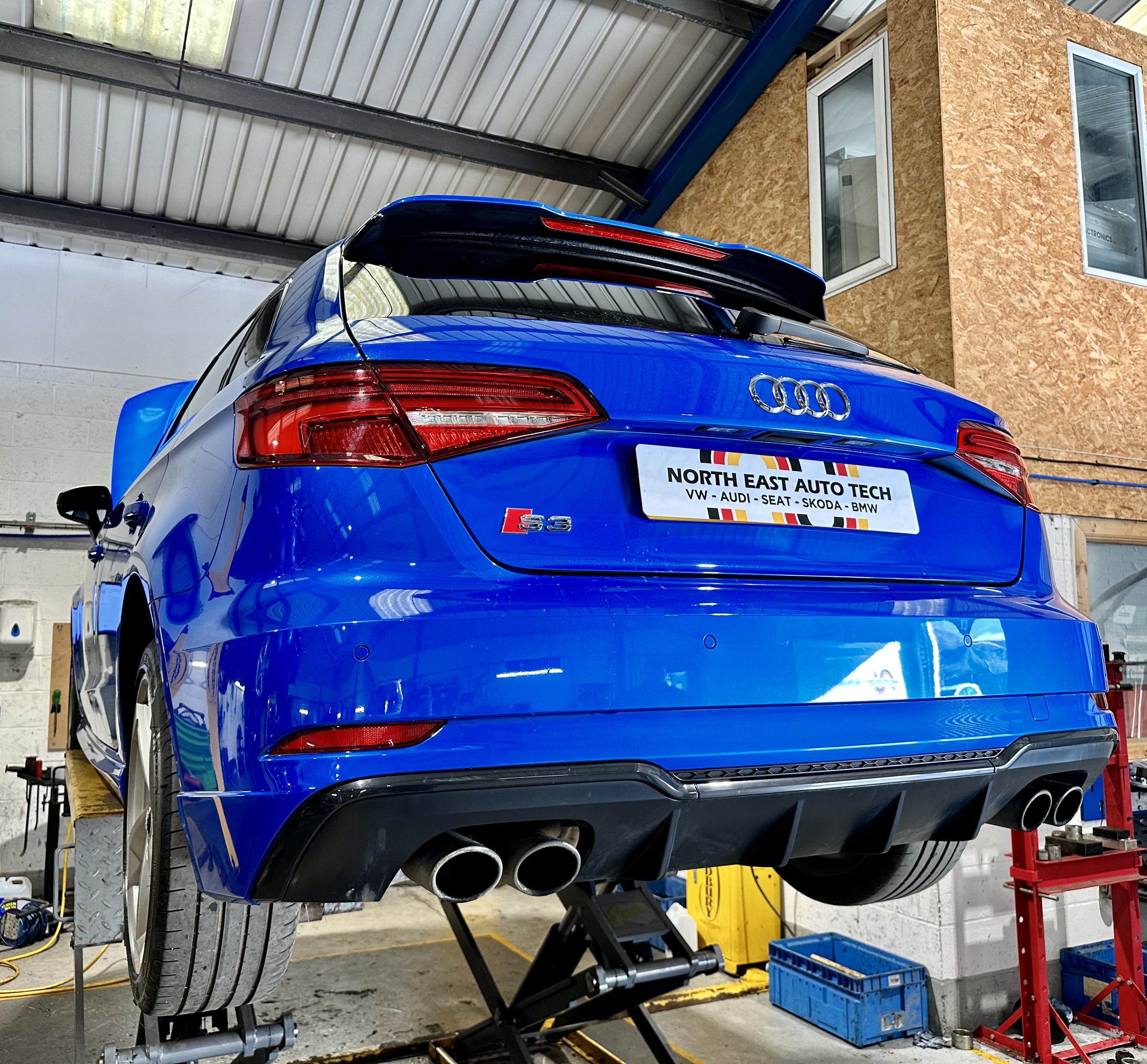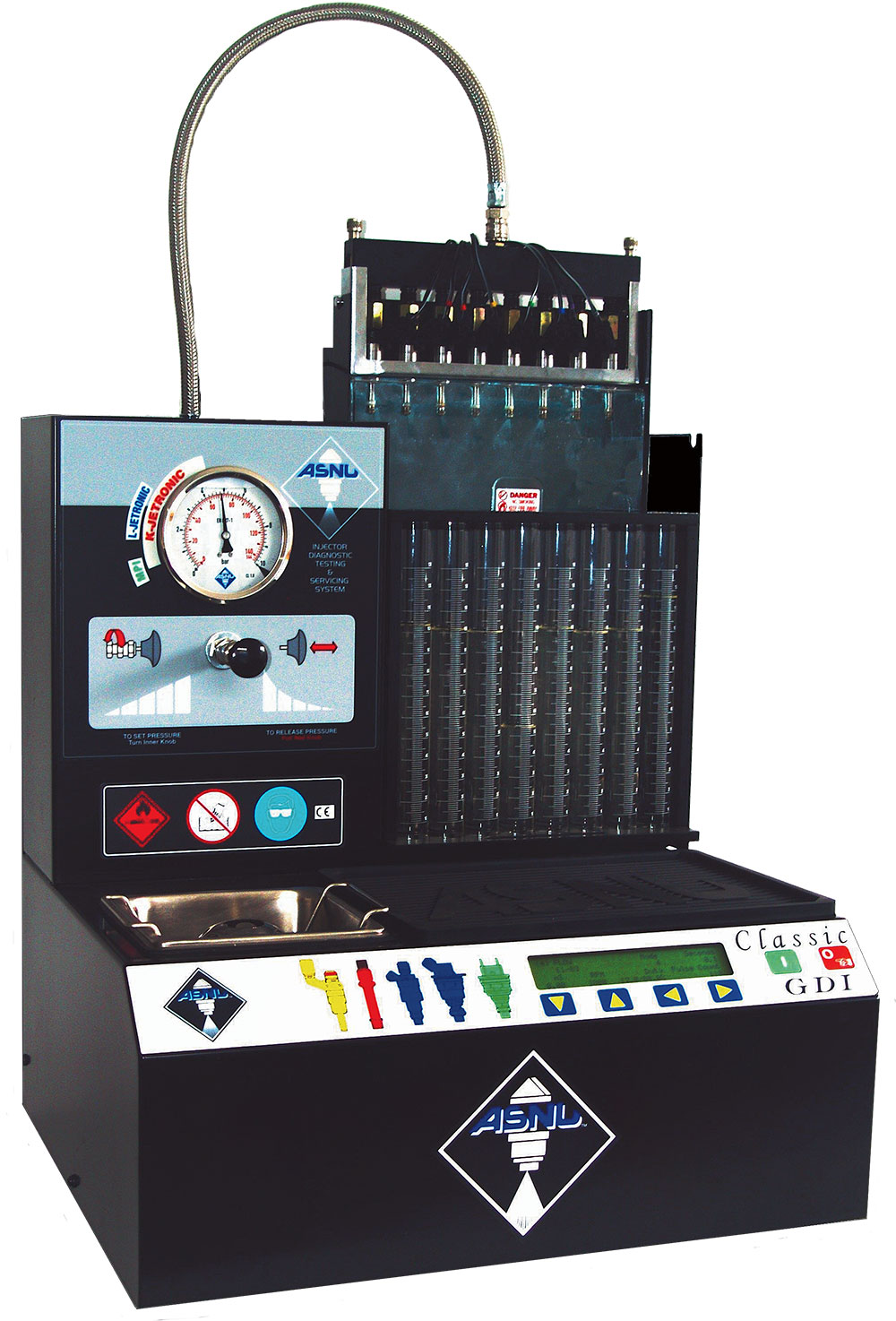The benefits of performance upgrades
Car customisation is undoubtedly a booming business. It might not be for everyone but there is a mass of car enthusiasts wanting to put their own stamp on their vehicle. But how many modifications improve the vehicle performance, are purely aesthetic or adversely affecting the vehicle? Whilst most people know certain car mods are illegal, how far is too far?
Are modifications safe?
Primarily the question we should all be asking is are modifications safe. Carefully chosen aftermarket parts from trusted suppliers should not be an issue, provided they are fitted to the manufacturer’s instructions and a fitted by a qualified mechanic. As long as the correct parts are chosen for your vehicle, aftermarket upgrades should not need to be altered to fit your vehicle.
Modifications which aren’t safe can actually be deemed illegal. Theses include LED neon lights and tinted windows. There are limits to how bright your lights are allowed to be and how dark you can tint your windows. It is a grey area really as there are no exact specifications to be found, if in doubt ask your mechanic!
If you’re choosing aftermarket parts to enhance the safety of your vehicle these could include brake pads and discs and bushes/arms. We’ve previously written a blog on the benefits of RTS upgraded brake pads (you can read that ‘here’). We are a Superpro dealer and hold much of their stock for VAG vehicles in reception. Upgraded bushes have benefits such as maintained steering geometry. Enhanced handling & ride characteristics. Essentially a safer vehicle with more grip!
Will the warranty be void?
One of the most important factors to deciding whether to modify your car is whether your warranty will still be valid. This is obviously more prevalent in cars under 3 years old. Warranty may not be covered with certain modifications. Wheels, Tyres and Suspension are the safest options to start with as these parts wont add stress to anything. In fact, in most cases, you’ll be lowering that stress with a lighter wheel and tire package. As a basic rule check your owner’s manual, however modifications such as large bore and sports exhaust systems can fall foul of both fuel emission rules and laws limiting noise pollution. Check with your warranty provider and make sure whoever is fitting the parts is an approved engineer! Insurance companies also need to be informed of any modifications or your insurance could be voided!
We stock a range of vehicle upgrades in our reception and are authorised dealers for several companies. Including Revo, Racingline, Superpro, RTS performance and many more! Get in touch if you’re looking for a quote on 01642 613852.
The benefits of performance upgrades


